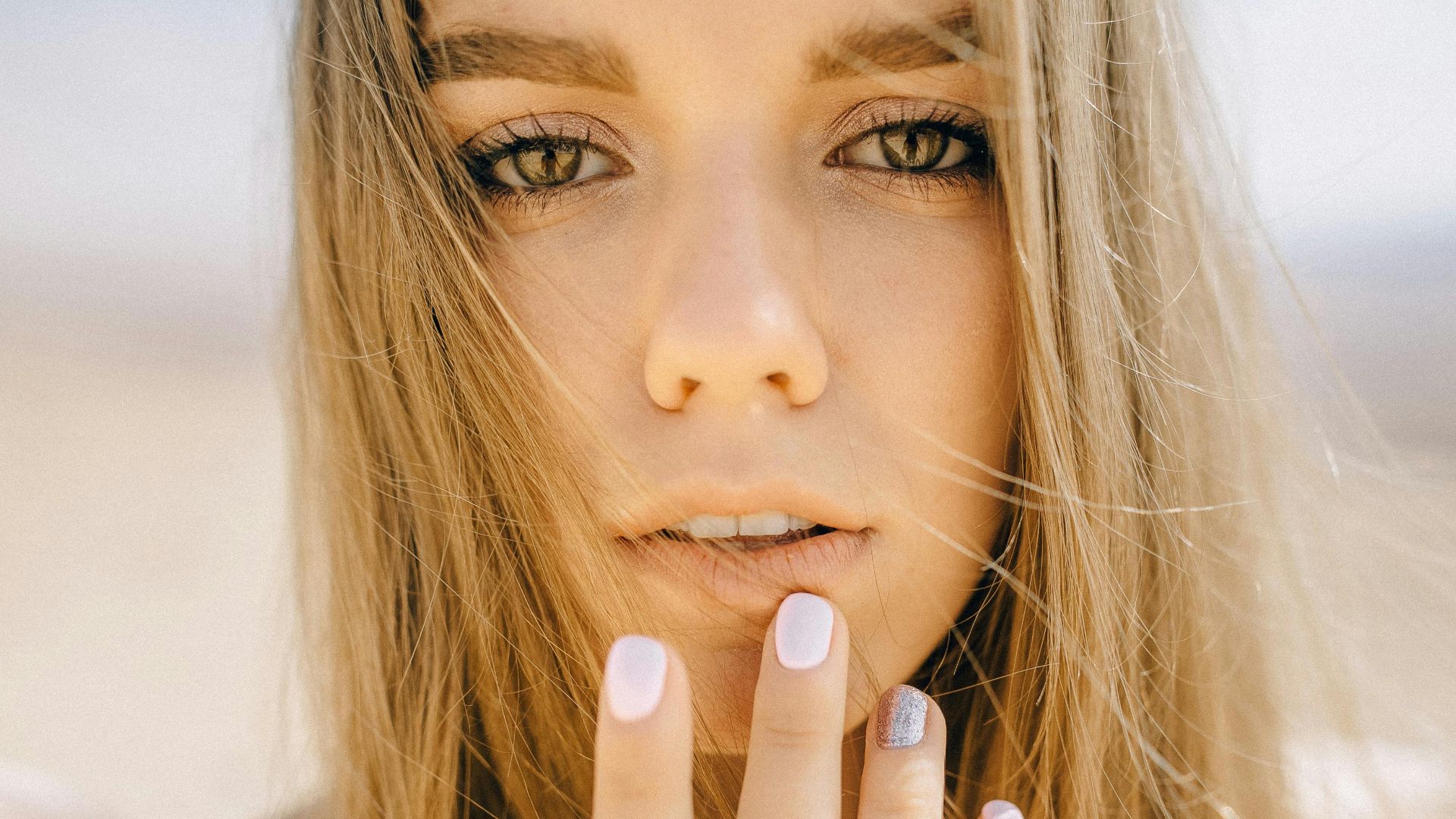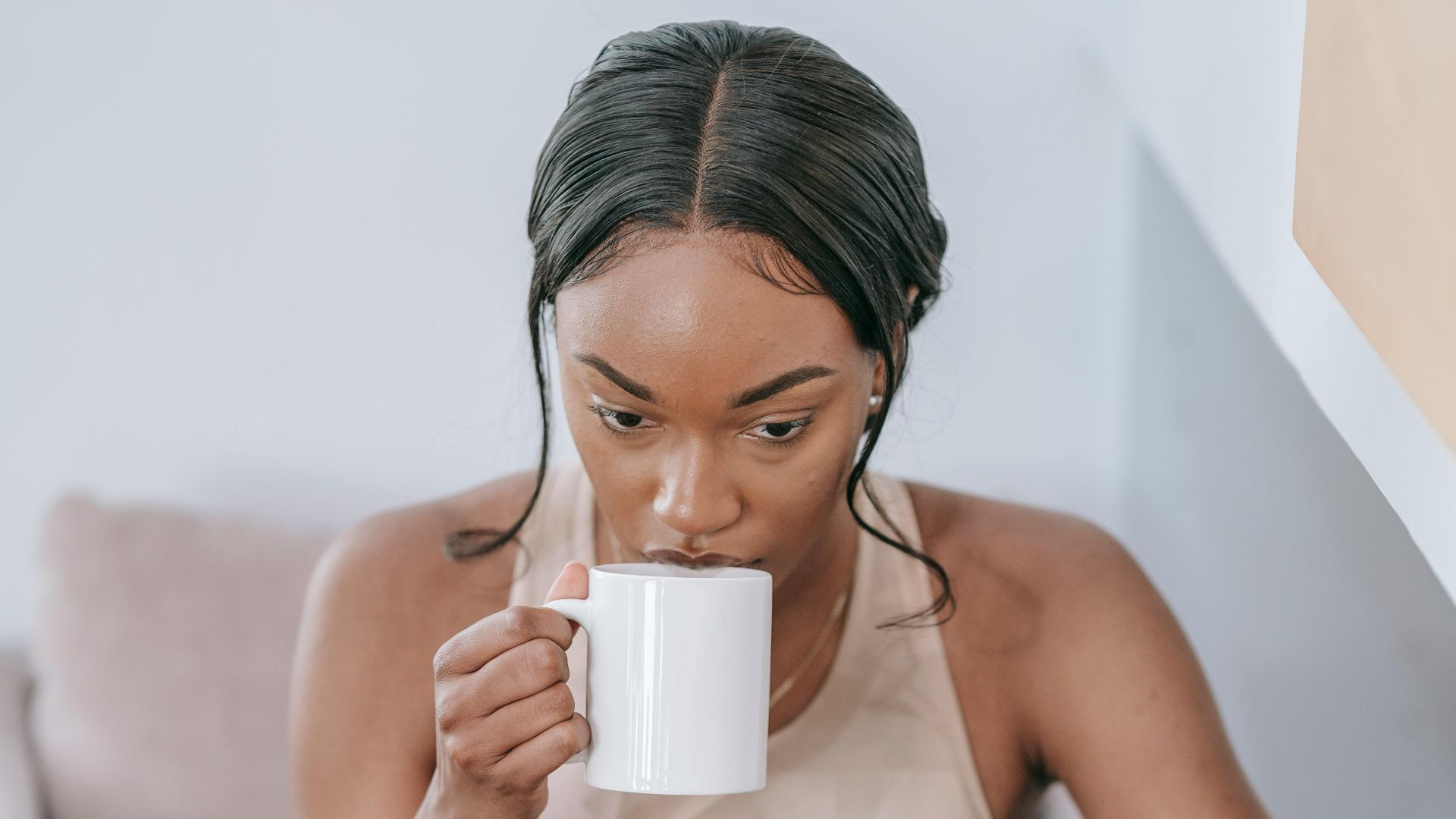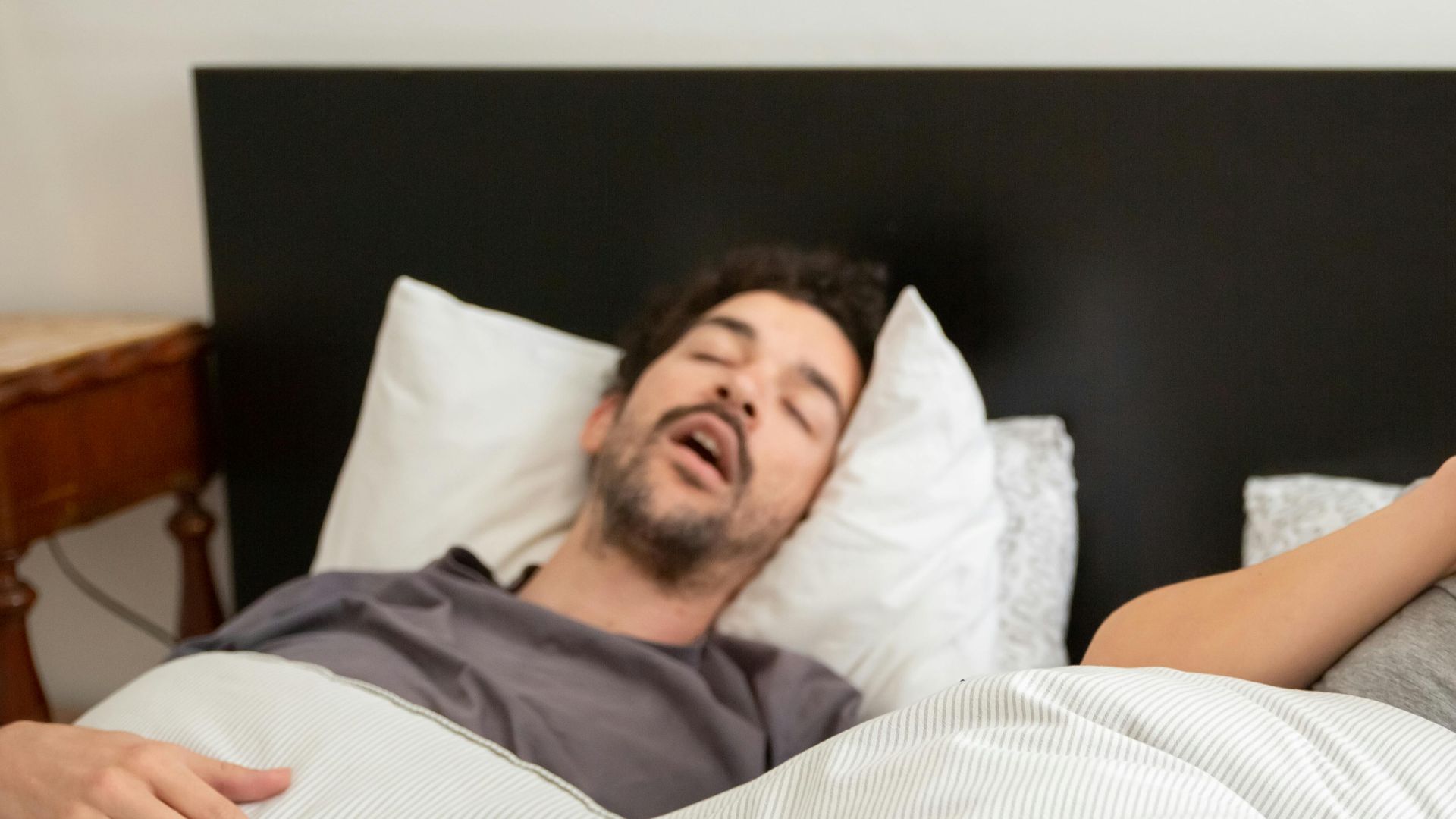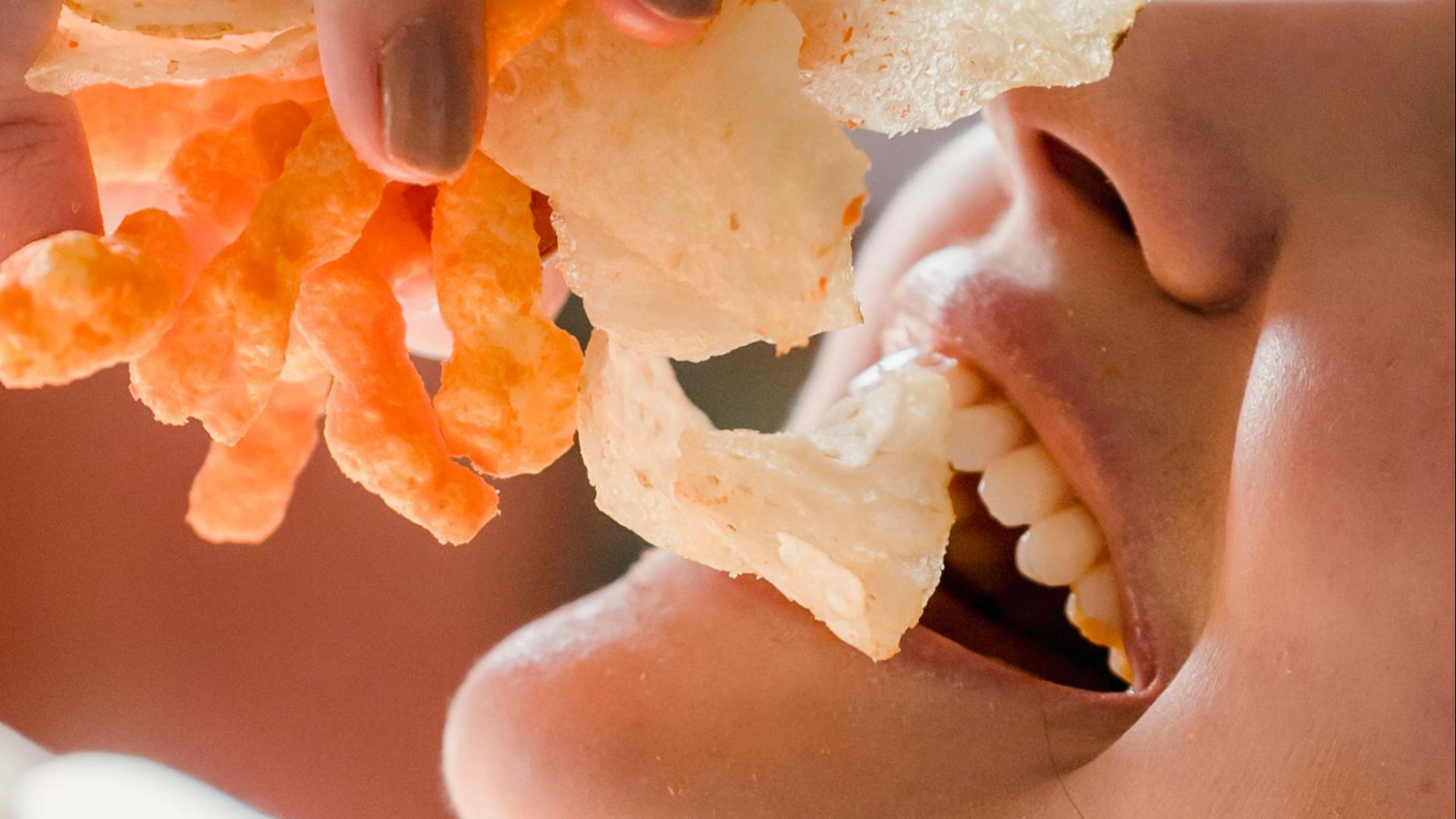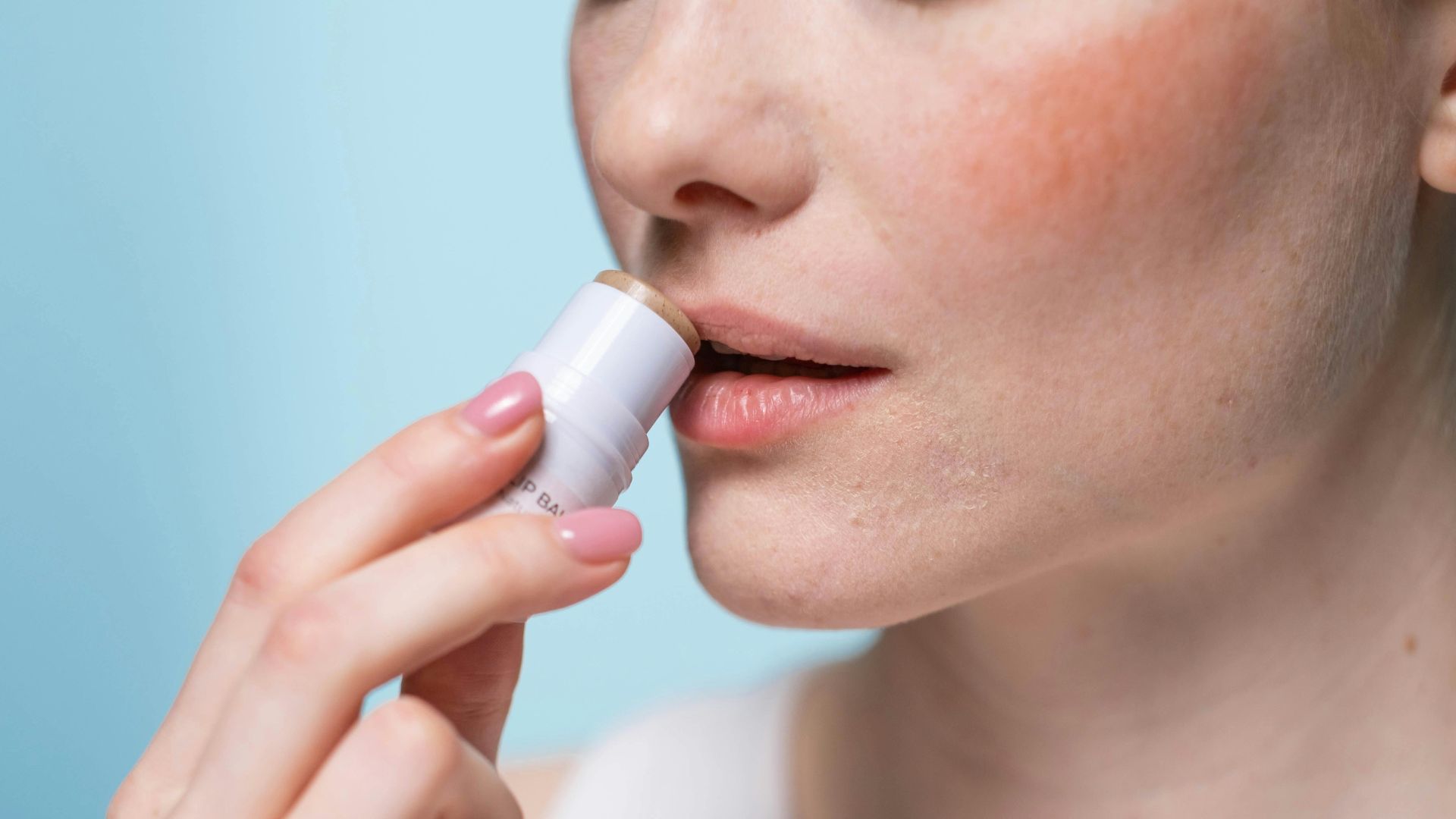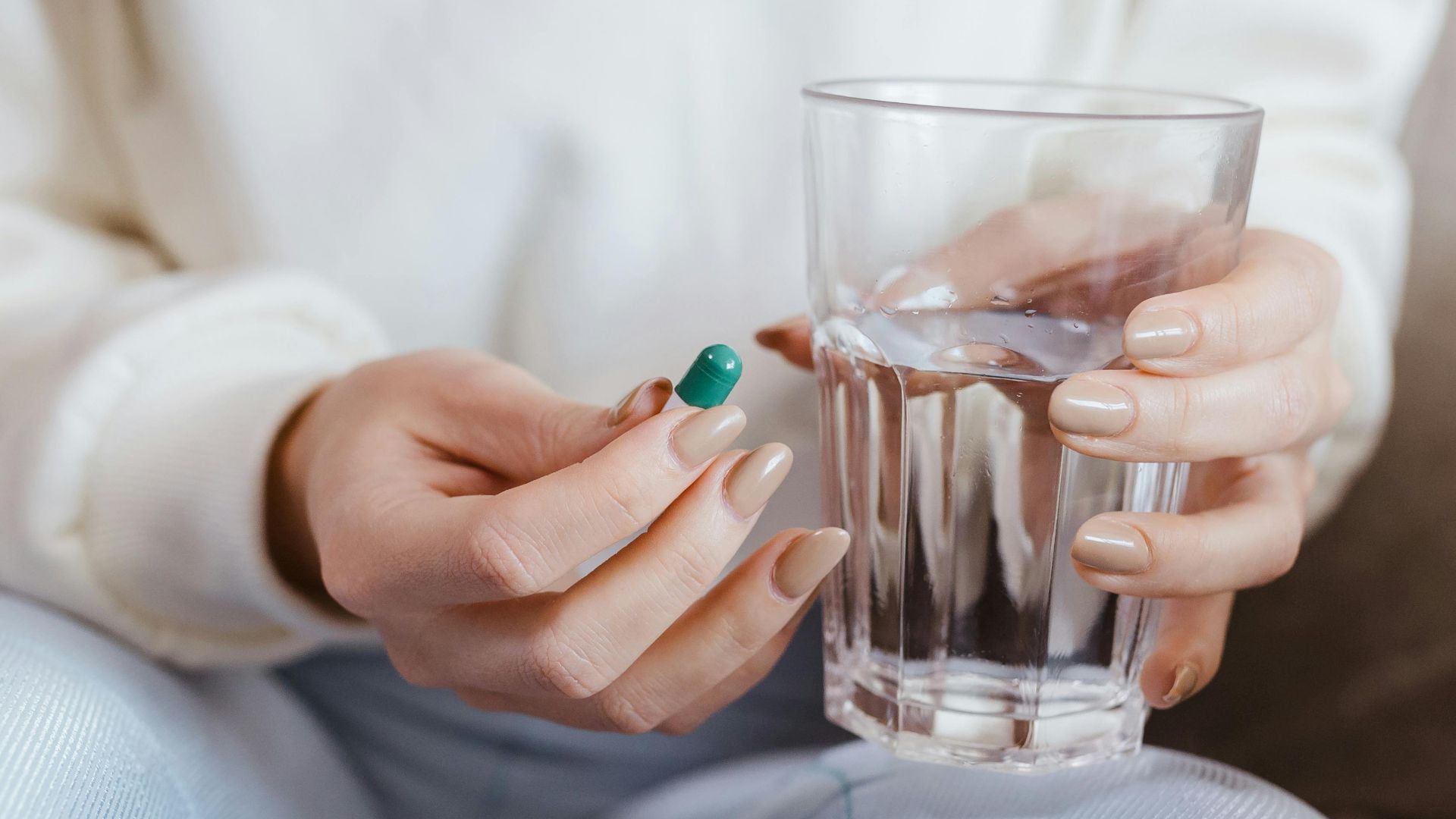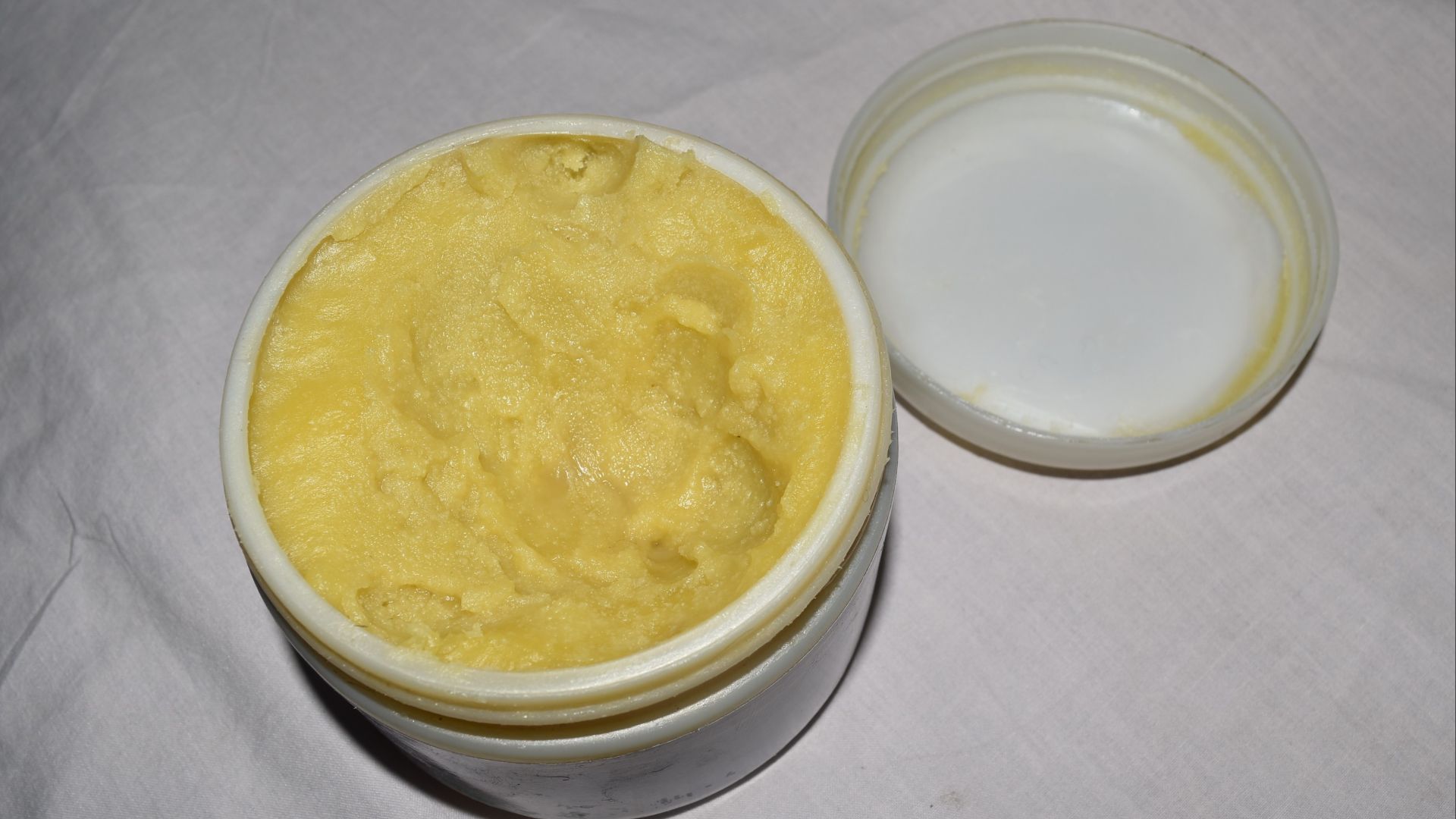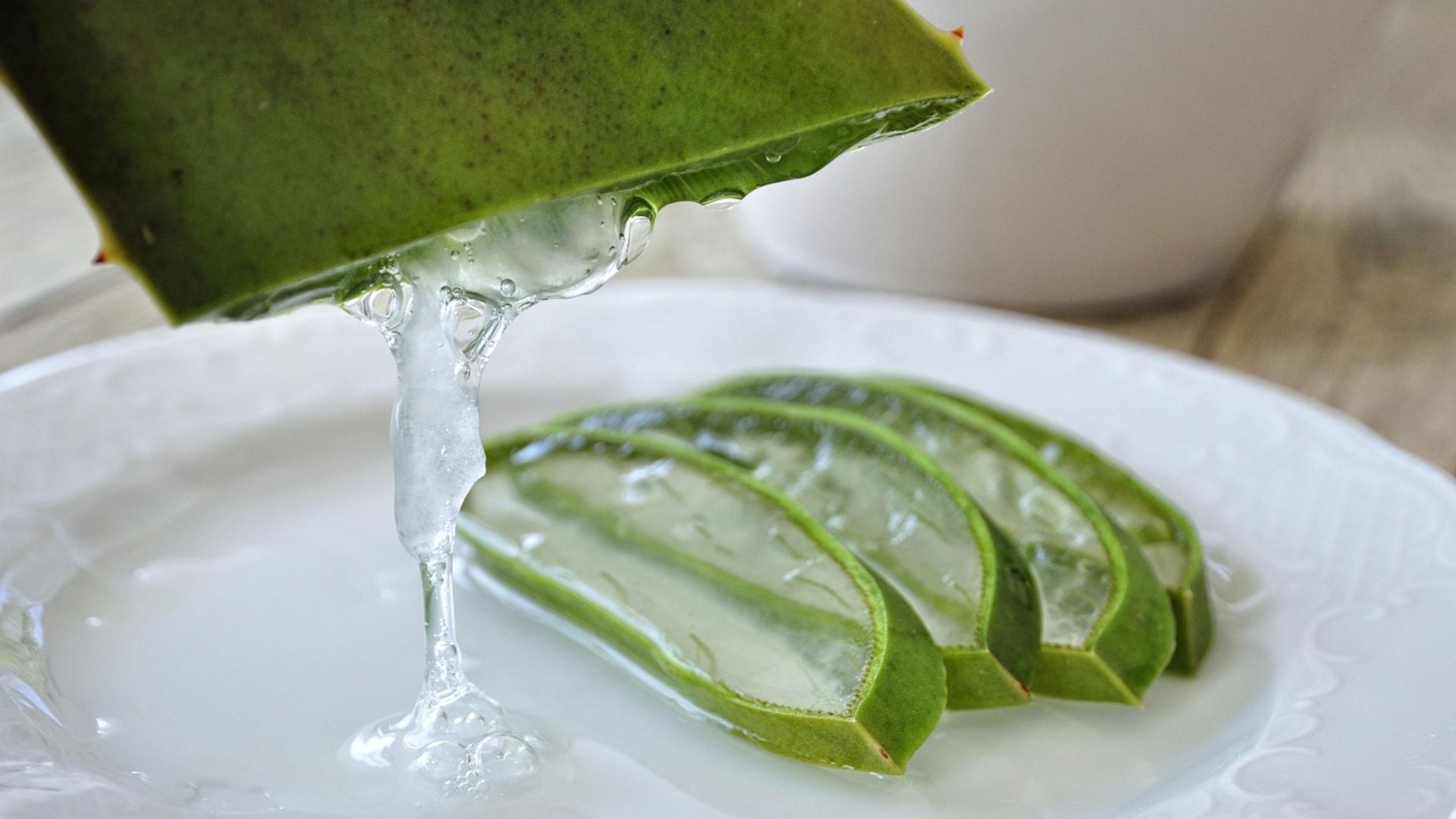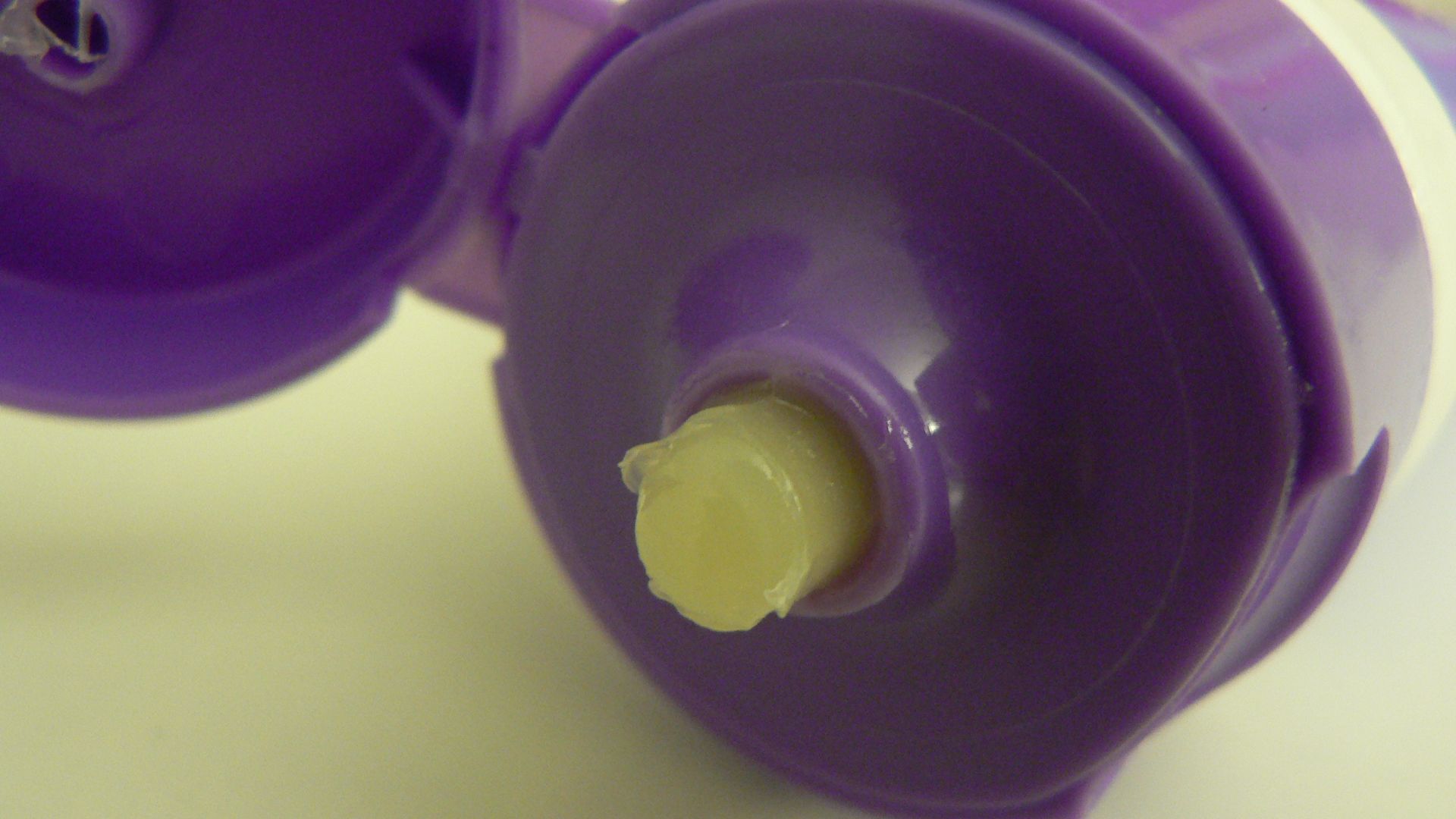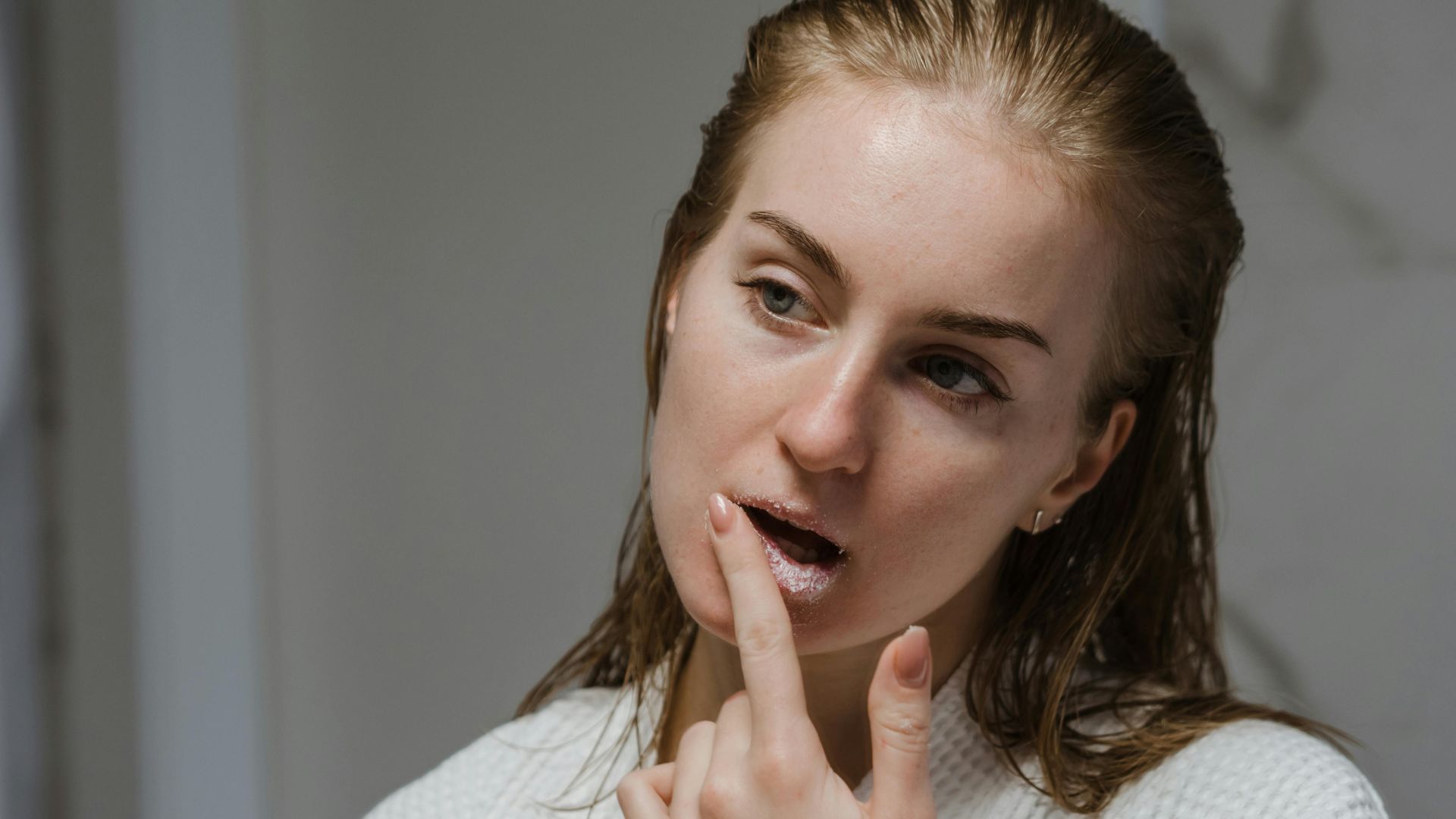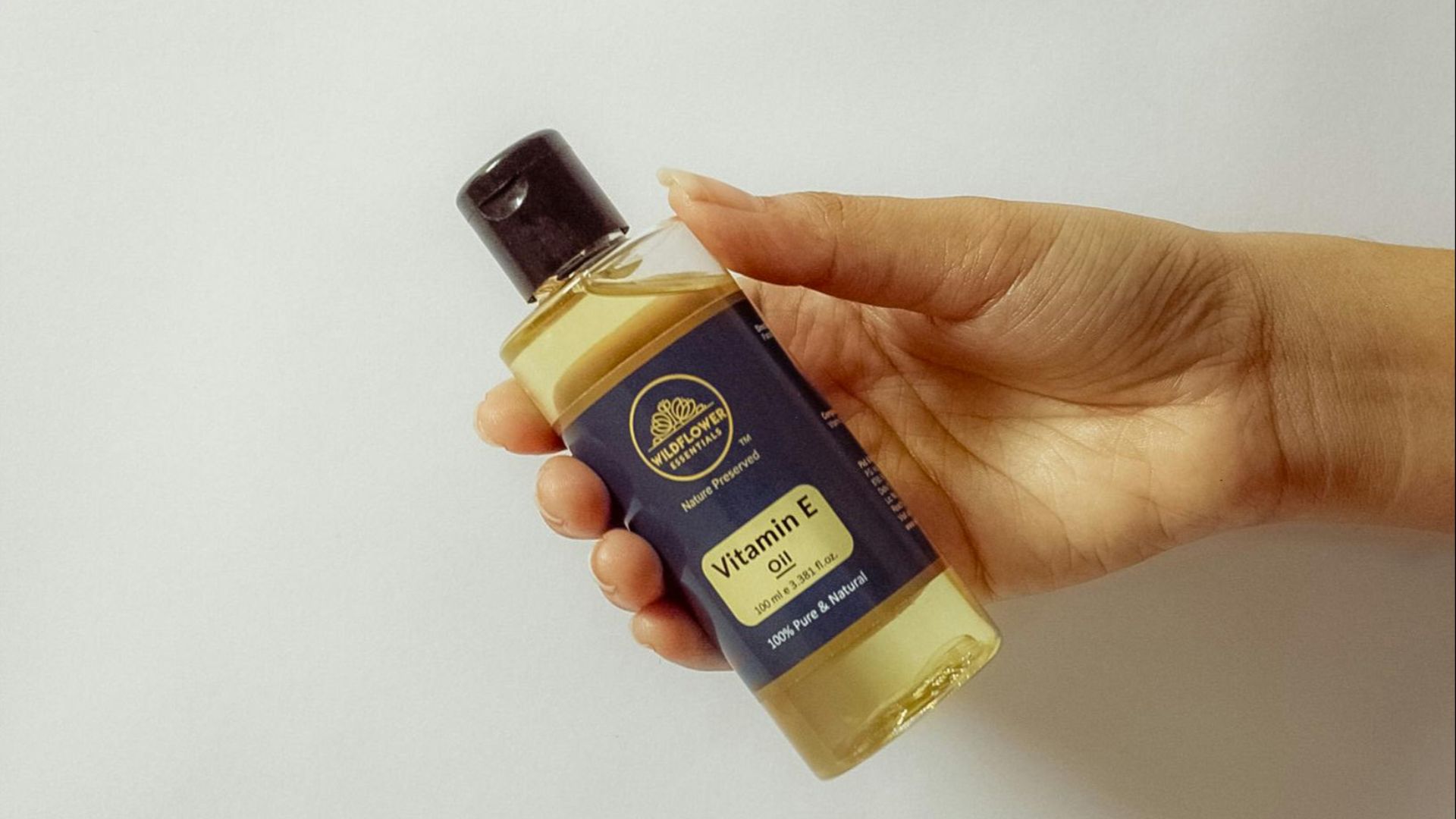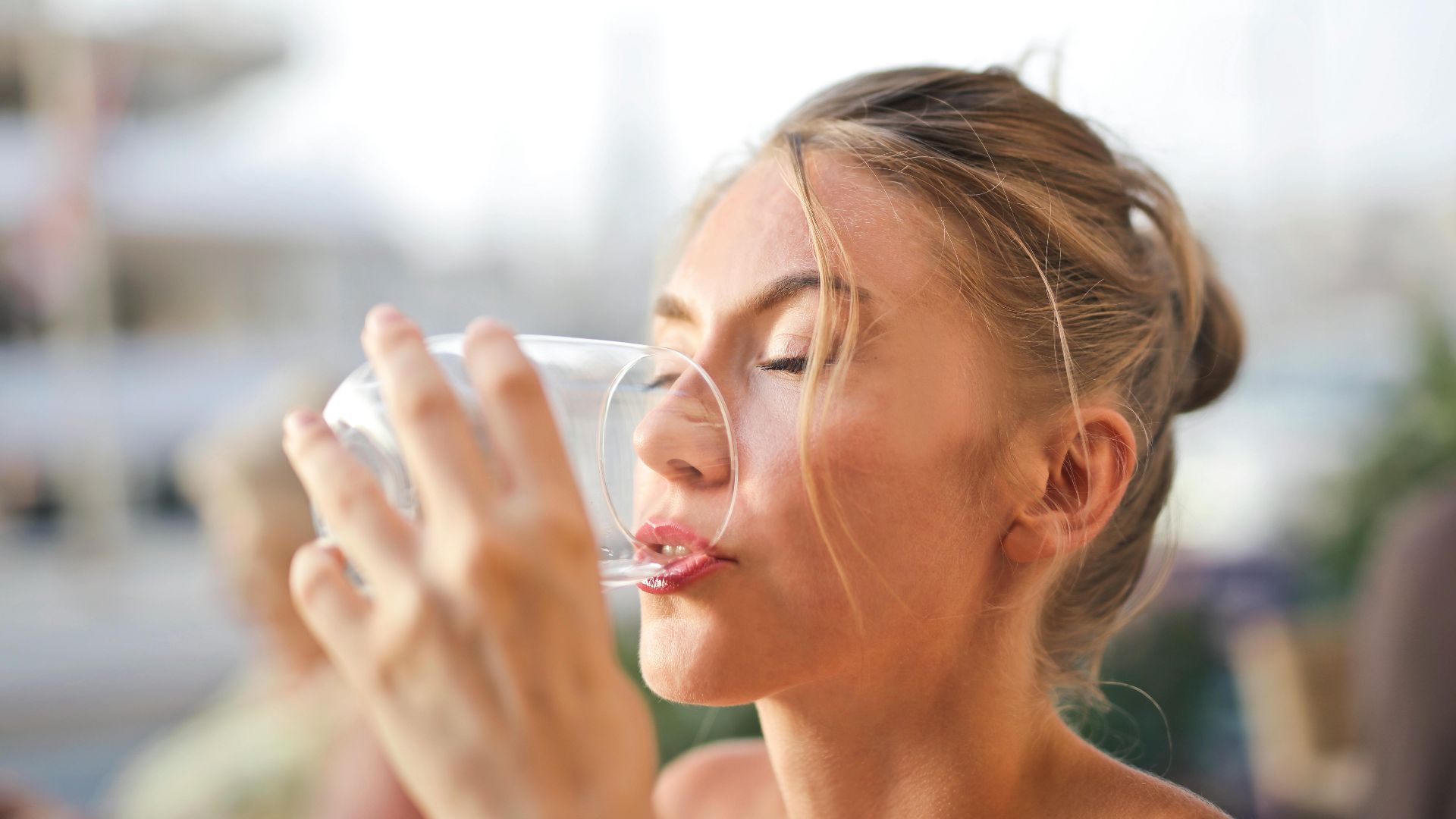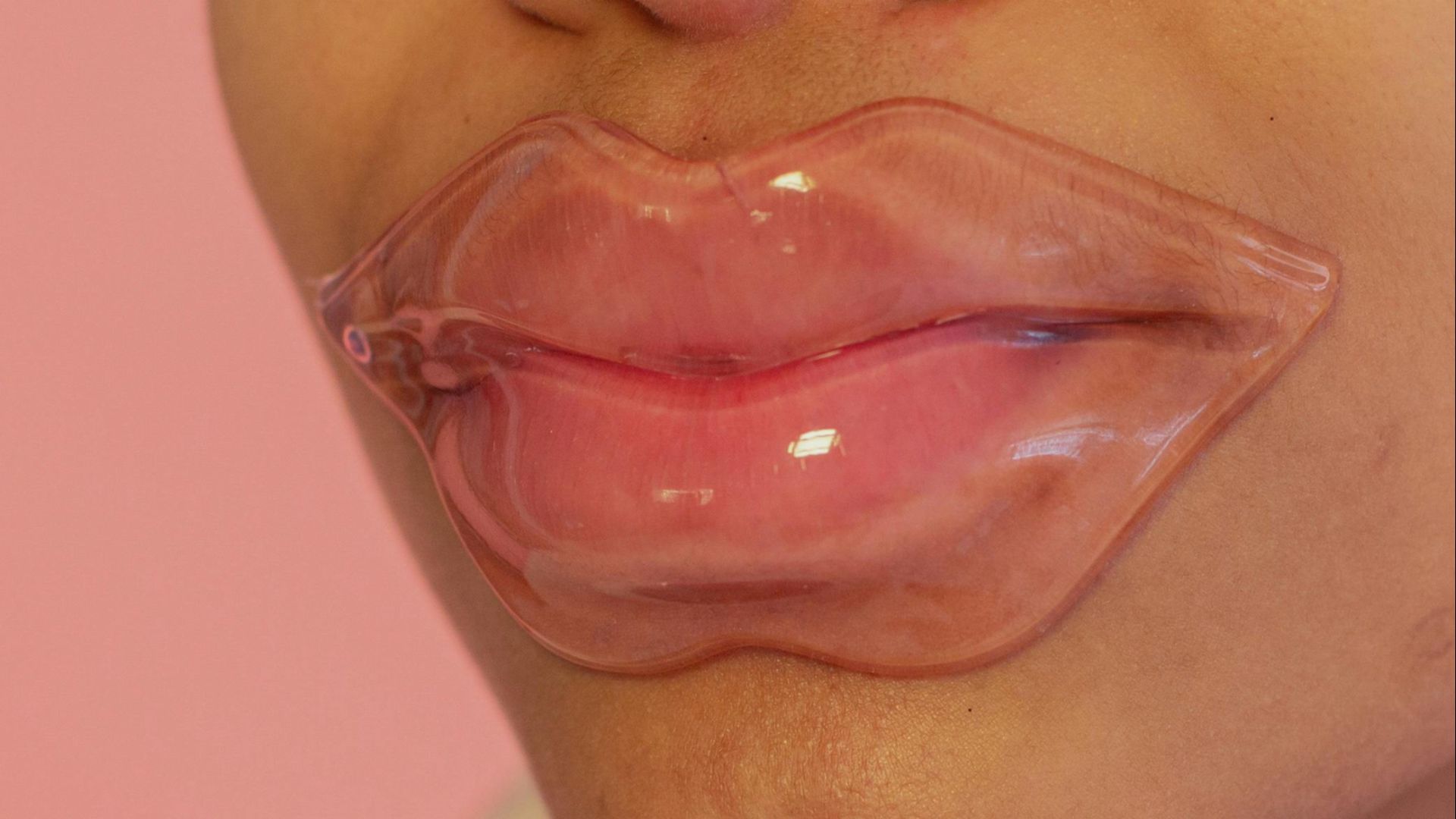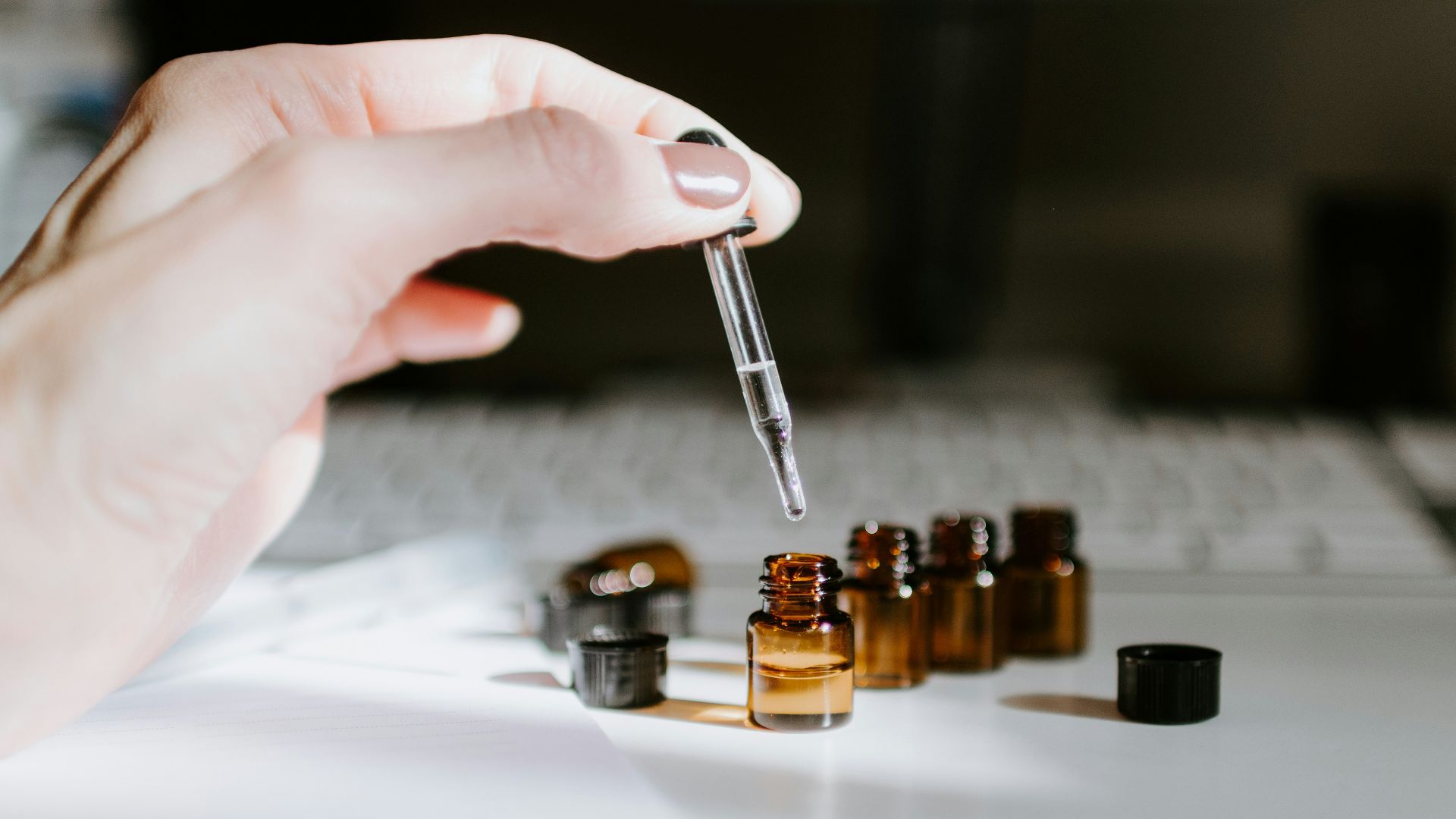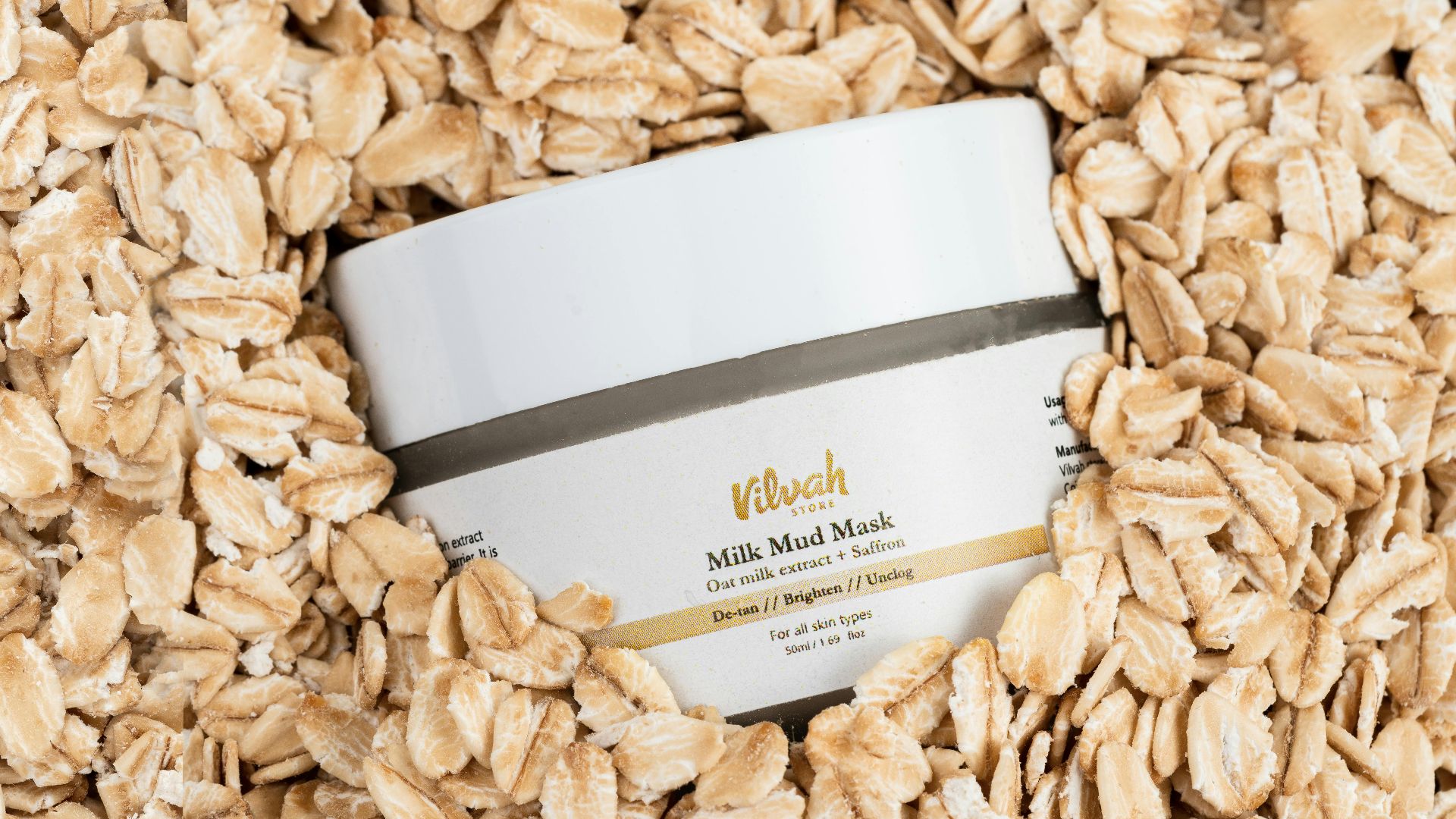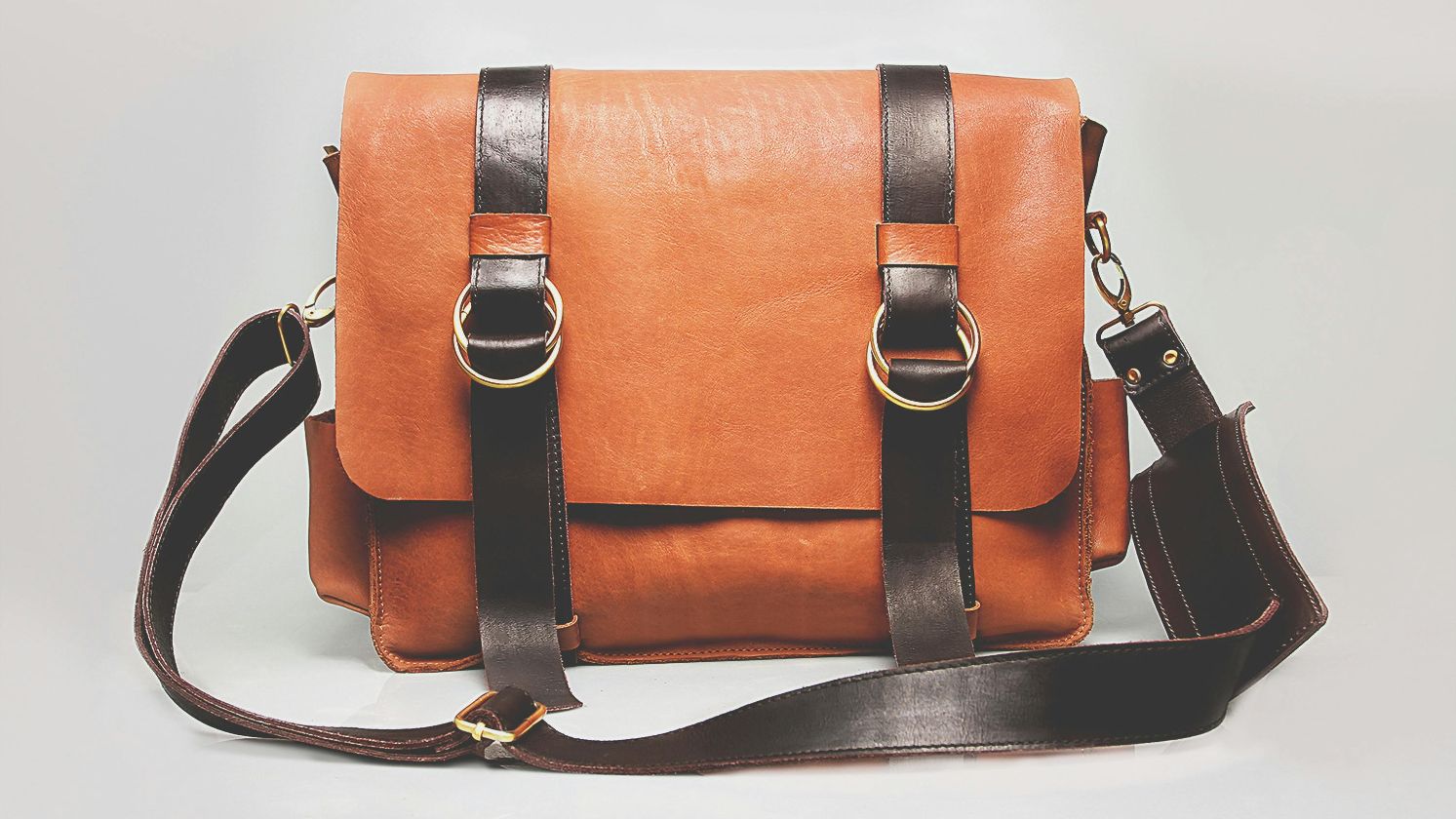Dry Lips? Not Anymore
Ever wonder why your lips feel like sandpaper by noon? It's not always about the weather or skipping balm. Sometimes, the culprit hides in your routine. So, fixing these 10 issues is a good start for maintaining healthy-looking lips. But that's only half the battle. The other half is knowing how to repair your lips from all the damage. Let's dive in.
1. Caffeine
That afternoon latte might be doing more than waking you up. Caffeine increases fluid loss through urination. When your body runs low on water, it shows up in your skin, and your lips become dry.
2. Toothpaste With Sodium Lauryl Sulfate
That foamy burst during brushing feels clean, but one common ingredient quietly wrecks lips. Sodium lauryl sulfate, often added for lather, irritates sensitive skin. So, check if your toothpaste has this ingredient.
3. Mouth Breathing
Sleeping with your mouth open or catching your breath after a workout has the same effect: constant airflow strips away your lips' thin moisture layer. Lips lack sweat or oil glands, so nothing can replenish what's lost during hours of mouth breathing.
4. Spicy Foods
That post-bite tingle after chili-laced food isn't just flavor; it's mild irritation. Capsaicin increases blood flow and surface inflammation. For lips that are already dry or cracking, even one spicy meal can leave the skin barrier more vulnerable than before.
5. High-Altitude Air
At altitude, humidity drops, and thin air holds less moisture. Your lips react almost immediately, drying out faster than anywhere else. Mountain travel and even short plane rides can leave them chapped if you're not prepared.
6. Matte Lipsticks
They last all day, but the long-wear matte finish comes at a cost. Many formulas contain drying alcohols and waxy binders. Once applied, they trap dry flakes underneath and stop lips from absorbing hydration while you wear them.
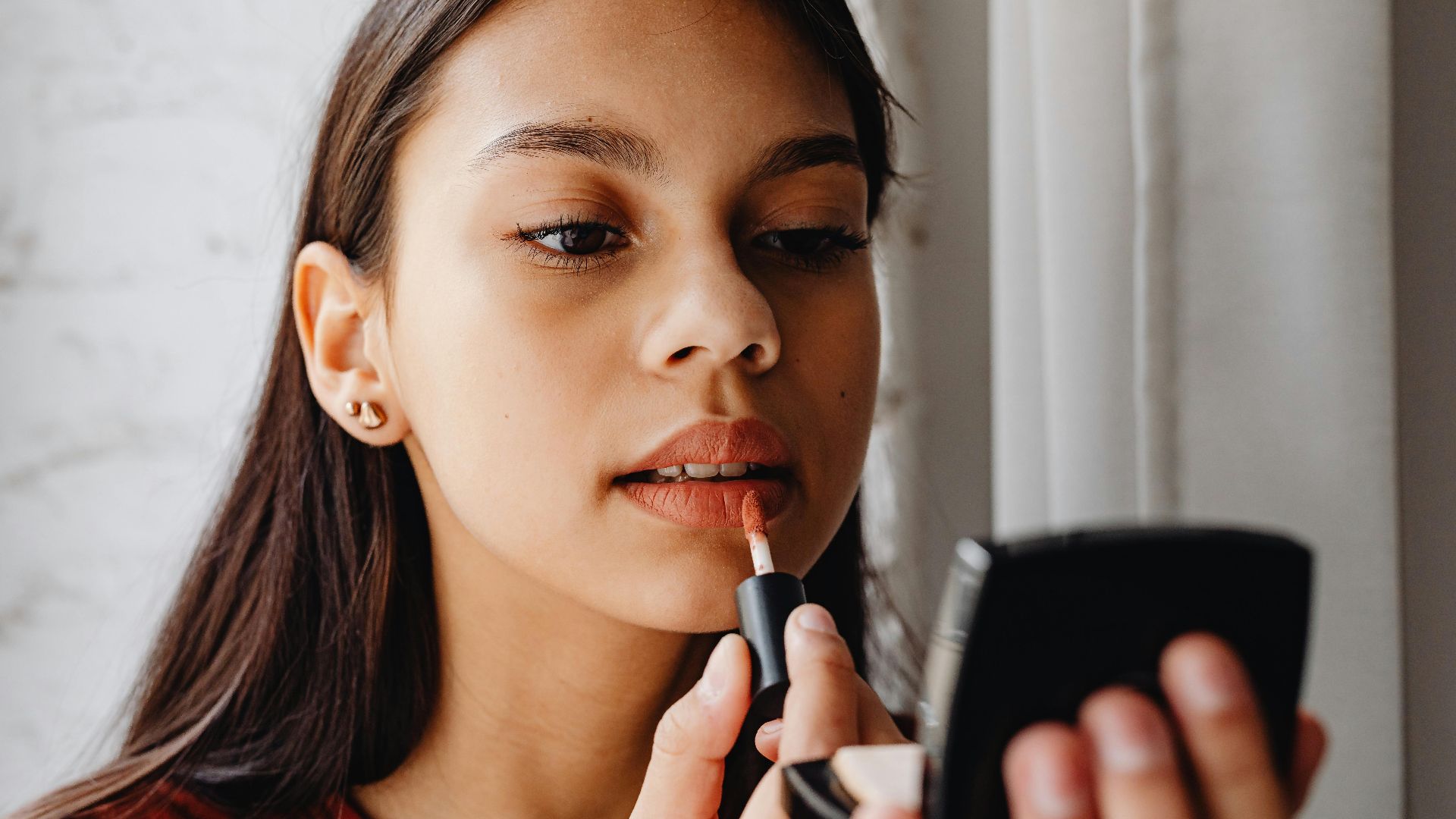 Photo By: Kaboompics.com on Pexels
Photo By: Kaboompics.com on Pexels
7. Salty Snacks
Those crumbs you lick off your lips? They might carry more salt than you think—and while salt can draw out a bit of moisture, the effect is subtle and usually requires prolonged contact. Still, frequent snacking can mildly irritate already sensitive lips.
8. Flavored Lip Balms
Sweet-tasting balms may seem harmless at first, but those flavors often lead to repeated licking. Saliva carries enzymes that don’t stop at food. They break down delicate skin, too. Over time, this habit makes dryness worse and recovery harder to maintain.
9. Chlorinated Pools
Diving in feels great. However, chlorine weakens the protective barrier that helps lips retain moisture. After just an hour, that barrier starts breaking down. Left unprotected, lips turn brittle, especially after back-to-back swim days.
10. Prescription Acne Medications
Using treatments like isotretinoin? These meds reduce oil production across the body. Since lips already produce zero oil, they get hit hardest. After treatment, lips can go from slightly dry to severely chapped.
So now you know what's working against your lips, and it's more than just the weather. But it doesn't stop there. The good news? You've got options that work. Let's get into the easy fixes your lips have been waiting for.
1. Shea Butter
Cold air takes moisture, but shea butter brings it back with vitamins A and E. Unlike thinner balms, it forms a cushion that holds water in and keeps irritants out. Swipe it on, and those sore patches start healing with regular use.
2. Humidifiers
When there’s a dry atmosphere inside your home, a humidifier can help. It introduces moisture into the air. This is especially helpful in winter or desert zones. Comfortable interiors not only benefit your skin but also enhance your sleep.
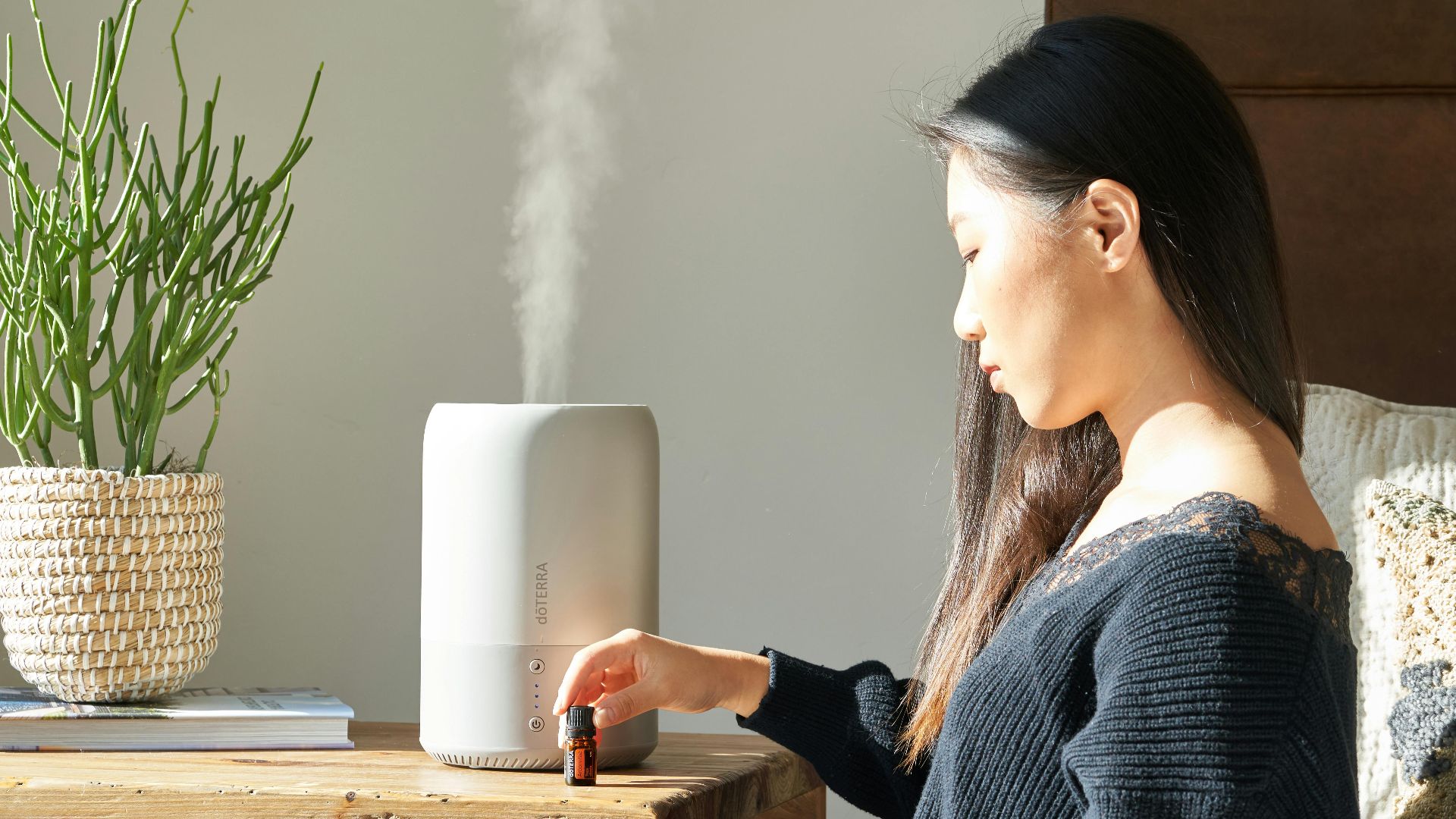 doTERRA International, LLC on Pexels
doTERRA International, LLC on Pexels
3. Aloe Vera
You find it in sunburn gels for a reason. Aloe vera soothes contact and helps skin cells regenerate faster. Great after a day outside or a hot dish goes wrong, its water-heavy gel calms the sting without making lips sticky.
4. Lanolin
Lanolin is a favorite in hospital-grade balms. It mimics human skin oils, filling in cracks and forming a breathable seal. People with deep splits or chronic flaking get fast relief without that waxy feeling some balms leave behind.
5. Sugar Lip Scrubs
Peeling lips won’t heal if rough buildup lingers too long. Sugar scrubs smooth the surface just enough to help the balm sink in where it matters. After a quick buff, lips feel ready for whatever moisture you give them next.
6. Vitamin E Oil
A drop of vitamin E oil works wonders. It moisturizes and protects lip skin by neutralizing free radicals (that damage skin cells) and reducing stress. After sun or wind exposure, it helps lips feel softer and shielded, mainly when used under balm.
7. Drinking More Water
A lip balm can't fix what your body's missing. If you're not drinking enough water, the dryness will keep coming back. The more you hydrate, the better your skin holds moisture. Lips are usually the first spot to show when you're slacking.
8. Lip Masks
Sometimes, your lips need more than balm. That's where lip masks come in—thicker and designed to work while you sleep. They trap moisture, soak in nutrients, and rebuild what daytime dryness wears down. You’ll notice when your lips feel softer in the morning.
9. Castor Oil
Castor oil feels thick, but its fatty acids go surprisingly deep. It locks in moisture without clogging, which is why it’s used in many modern long-wear lipsticks and balms. If you’re dealing with cracking, apply it overnight and wait for soft results.
10. Oat Extract
Sensitive lips don't just sting—they flare up. Oat extract helps reduce that inflammation fast. It's used for eczema and baby skin because it is gentle. Oat extracts bring comfort, especially when everything else seems to make things worse.


